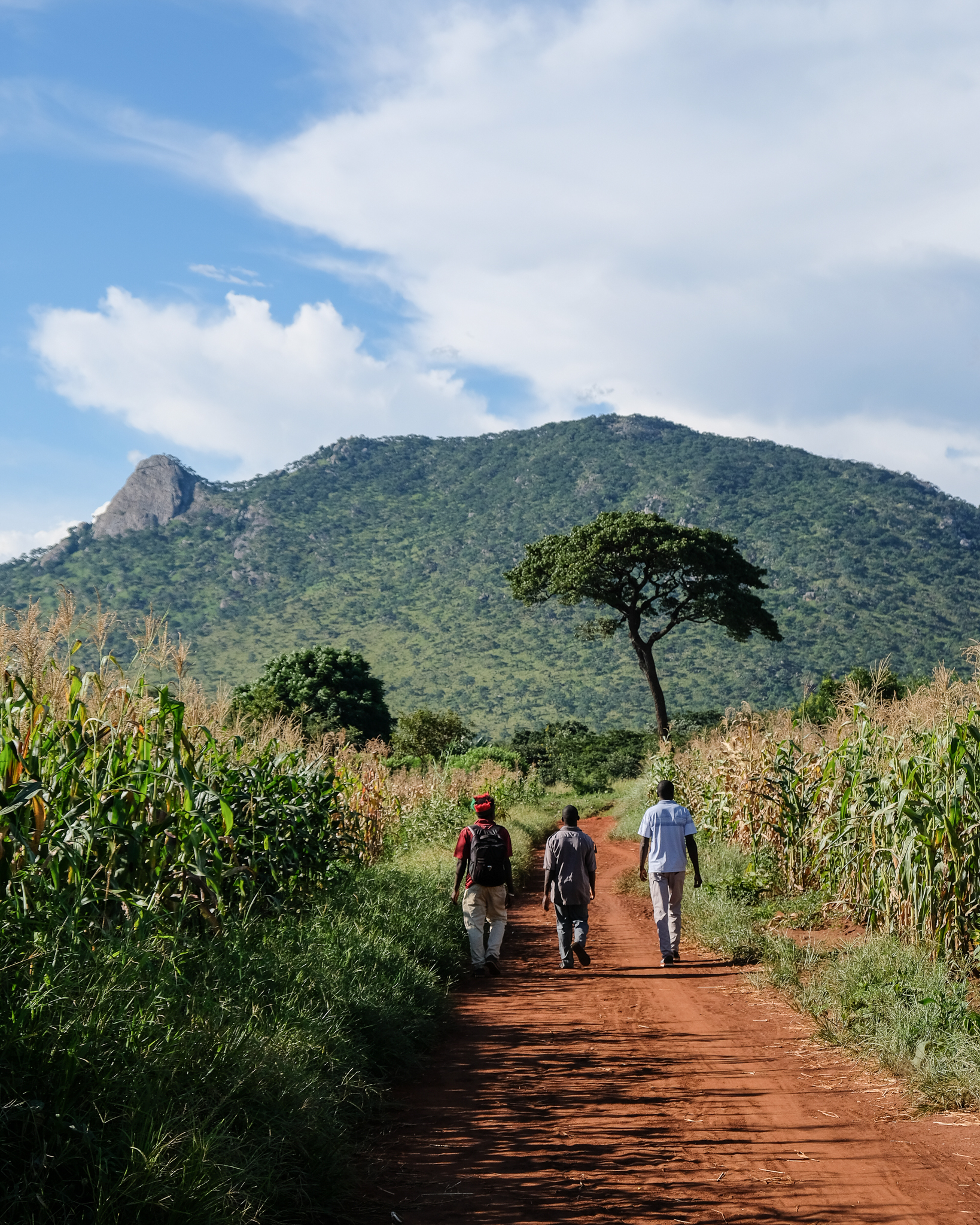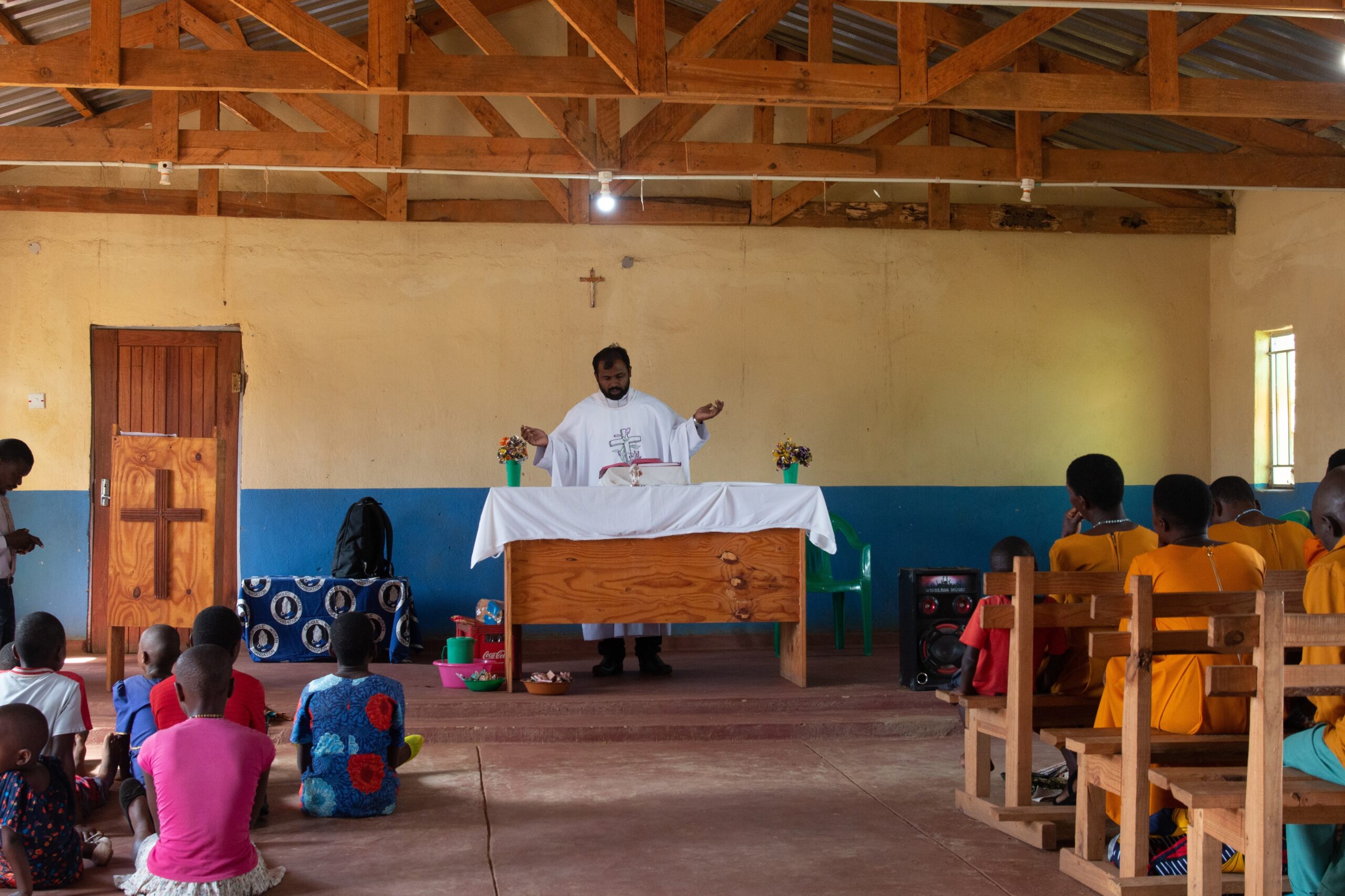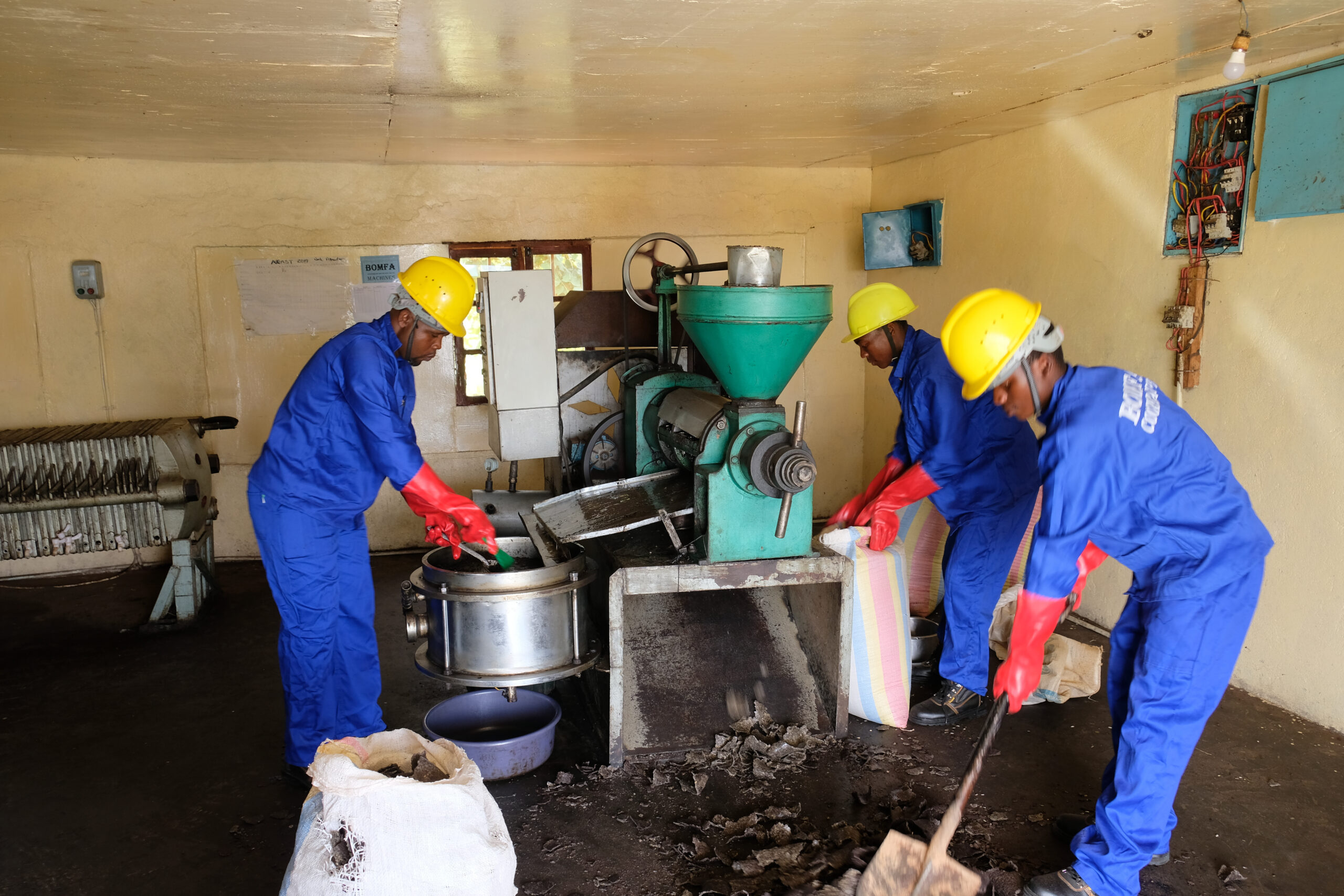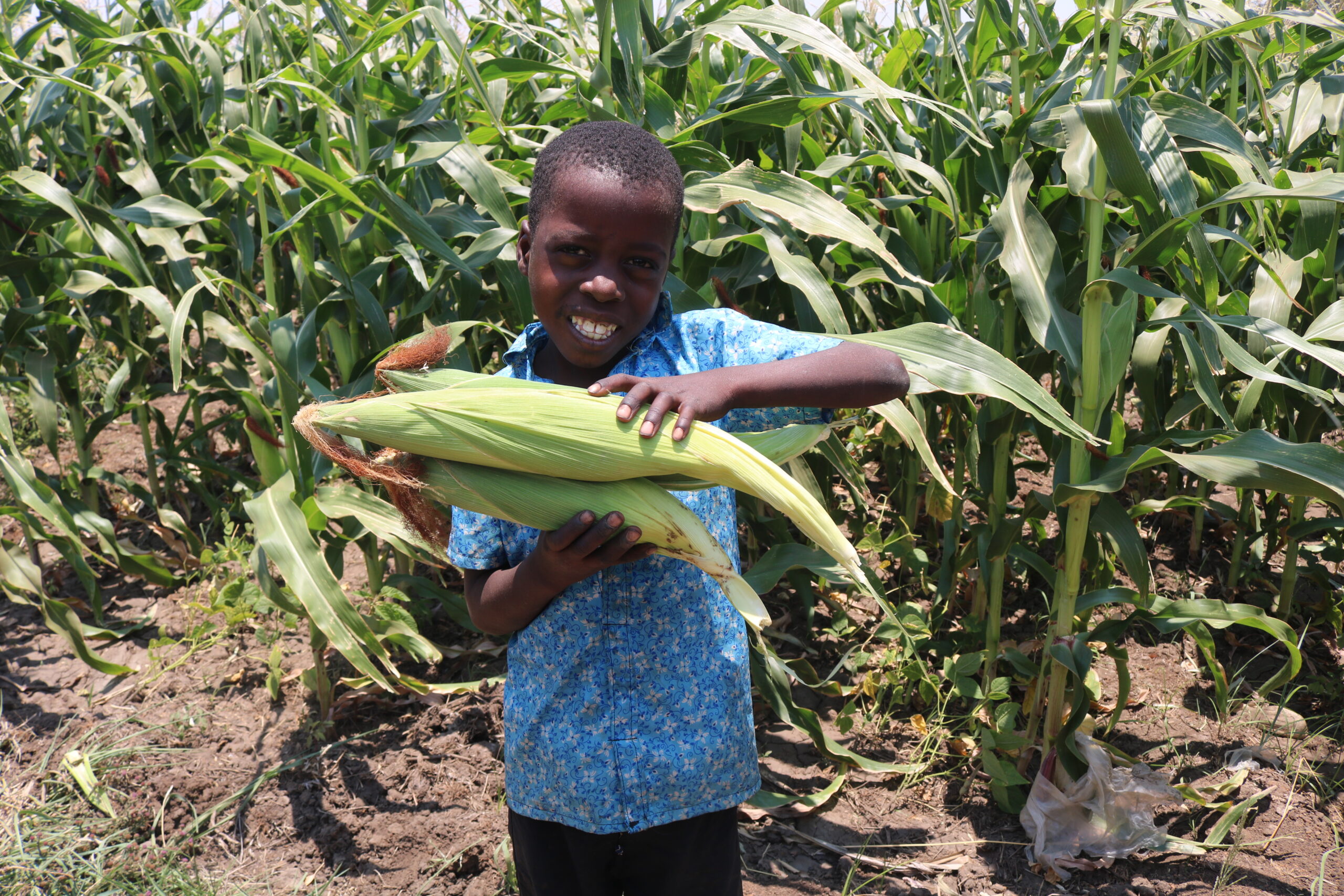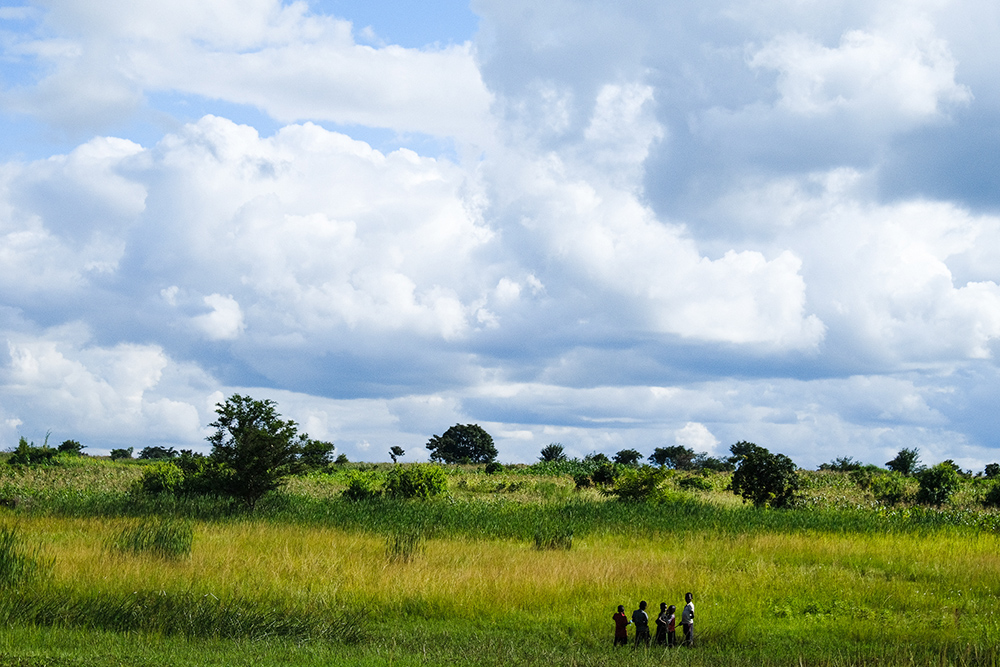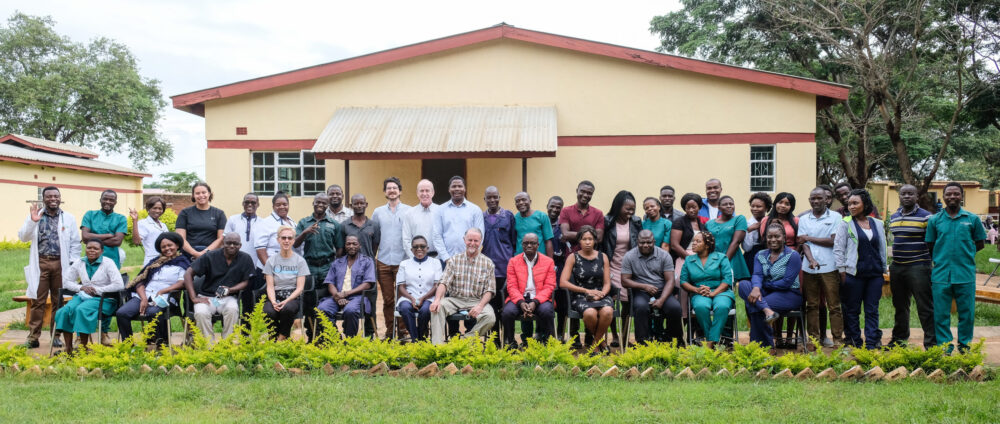As we have discussed in some of our past blogs, Malawi Vision 2063 has three key pillars that guide the focus of the Vision. These three pillars are meant to build on each other to create the inclusively wealthy and self-reliant nation that they envision. In this blog, we will look at the third pillar of MW2063: Urbanisation.
Malaria Season in Malawi
Charity & Arnold’s Story
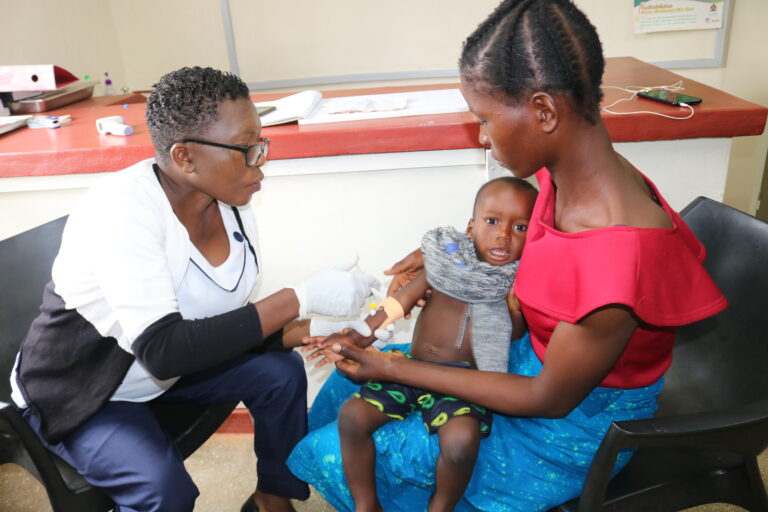
Malaria Season in Malawi
It is summer in Malawi and a woman waits in the hospital. Her child is critically sick. She is so worried seeing her child lying helplessly, waiting to get the next injection. A few hours later, the woman is seen shivering, throwing up, her body temperature is high and she complains of body pains. The doctors attend to her and she is diagnosed and she also starts receiving her treatment.
They both have malaria and are admitted at a 24-hour clinic at Kasese Health Center on Orant’s campus in Kasese, Malawi.
This situation mirrors what happens in most hospitals during the months of November through April when malaria transmission risk is the highest in Malawi.
What is malaria?
As one of the poorest countries in the world, Malawi suffers from a disproportionate burden of infectious diseases, particularly malaria. Malaria continues to be a major public health issue with an estimated 6.2 million cases each year. As in most of sub-Saharan Africa (SSA), children under the age of five years bear the highest burden of malaria.
Malaria is an acute febrile illness caused by Plasmodium parasites, which are spread to people through the bites of infected female Anopheles mosquitoes. The early symptoms include fever, headache and chills which usually appear 10–15 days after the infective mosquito bites and may be mild and difficult to recognize as malaria. Left untreated, malaria can progress to severe illness and death within a period of 24 hours.
Treating malaria in Malawi
“My one-and-a-half year old son started feeling unwell on the morning of Tuesday the 15th. He just had a mild cough. But the situation started worsening the next day at night when he started vomiting, passing loose stools and having high fever,” tells Charity Steven.
For Charity, seeing her son, Arnold, and herself showing signs of malaria, she was reminded of that fateful day when her neighbor lost her child to malaria. The images of this sad experience kept cropping her mind and she rushed to Kasese Health Center.
The outcome of malaria sickness in Malawi
“Malaria really kills. I have been to more than five funerals whose cause was malaria sickness. Thanks to Orant Healthcare for saving my life and my son’s life,“ says the mother of three, smiling ear to ear.
Malaria needs to be treated with every available care as it can be deadly if left untreated. Having enough test kits and anti-malarial drugs in hospitals during the malaria season helps save lives of people like Charity and her son Arnold. Orant’s mission includes ensuring that all those afflicted with malaria receive the proper treatment.
How you can help treat malaria in Malawi
Orant depends on donations from people like you to treat those suffering from malaria. You can support malaria testing a treatment for as little as $5 or click the links below to share this article with your friends and family.
The Orant Journal
Best Things to Do in Malawi
Whether you are planning an African trip or just curious about the things we love about Malawi, read today’s blog to see the best things to do in Malawi!
Holidays in Malawi
Holidays are here again and we are so excited! Most of our team is taking time off with their families and loved ones, so please enjoy this blog while we are away. Celebrate the holidays with us the Malawian way!
The Culture of Malawi: Malawian Religions
Introducing you to the culture of Malawi through a series of articles! The culture of Malawi is strong in spirituality and most people are active in religious groups. We’ll tell you about Malawi’s main religions and the people who practice them. Read on for more.
Industrialisation in Malawi: MW2063 Pillar #2
As we have discussed in some of our past blogs, Malawi Vision 2063 has three key pillars that guide the focus of the Vision. These three pillars are meant to build on each other to create the inclusively wealthy and self-reliant nation that they envision. In this blog, we will look at the second pillar of MW2063: Industrialization.
The Culture of Malawi: Malawian Food
Introducing you to the culture of Malawi through a new series of articles! First in the series is the food of Malawi, an important part of culture and tradition. We’ll tell you about some traditional foods and even share some recipes! Read on for more.
In this blog, we will look at the first pillar of MW2063: Agricultural Productivity and Commercialization.
What is Malawi Vision 2063
Malawi Vision 2063 aims to transform Malawi into a prosperous, self-reliant, inclusively wealthy and industrialized country by the year 2063.
Poor Economics Book Review: Overcoming the Poverty Trap
In the book Poor Economics, the authors explore the idea of the poverty trap and how it affects people across the world. In this blog, we review Poor Economics and its lessons on how to break the cycle of poverty.
Creating Stability in Malawi One Year at a Time – Orant 2022 Recap
2022 Highlights at Orant Charities Africa. See what we accomplished.



